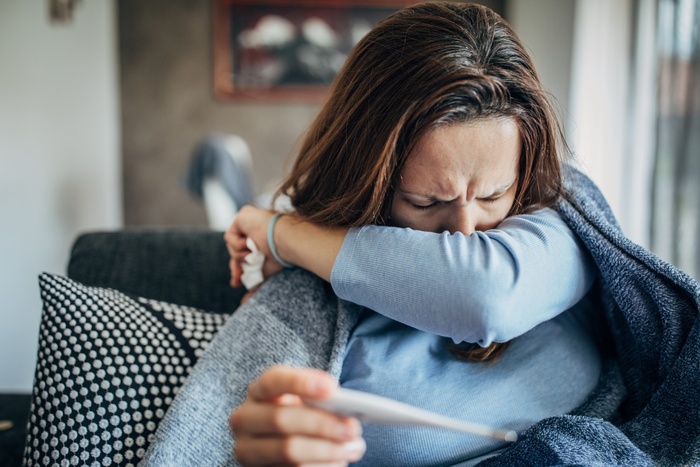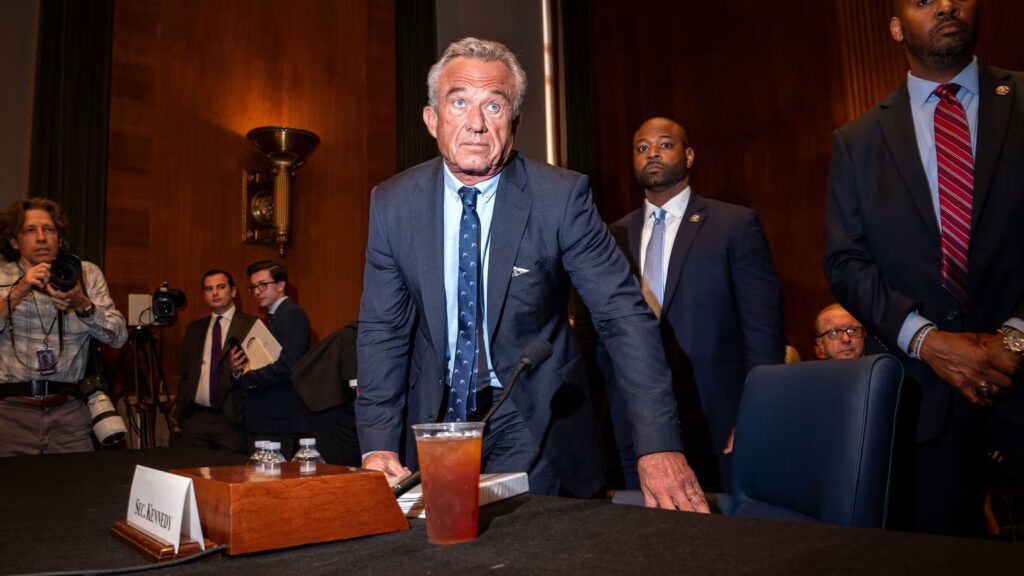Landmark Clinical Trial to Test Baricitinib’s Impact on Long Covid-Related Brain Fog and Inflammation

A major new clinical trial could soon provide answers for the millions still suffering from Long Covid. Led by Dr. Wesley Ely of Vanderbilt University Medical Center, the REVERSE-LC trial will test whether the drug baricitinib can meaningfully improve cognitive and physical symptoms associated with post-Covid illness.
The trial—officially titled Evaluating Baricitinib on Persistent Neurologic and Cardiopulmonary Symptoms of Long COVID—marks the first large-scale study to evaluate a medication targeting systemic inflammation as a potential therapy for Long Covid’s debilitating effects.
A New Use for an Established Drug
Baricitinib, an immunomodulating drug that inhibits the Janus kinase (JAK) protein, has already earned FDA approval for treating rheumatoid arthritis and was later authorized for use in severe COVID-19 cases. Its capacity to suppress excessive immune responses and inflammation made it one of the first effective drugs for acute COVID, with the World Health Organization endorsing it for hospitalized patients.
Now, researchers believe its anti-inflammatory properties may also benefit individuals experiencing long-term post-viral symptoms—including brain fog, chronic fatigue, and cardiovascular dysfunction—that are hallmarks of Long Covid.
A Comprehensive Approach to Long Covid Research
The REVERSE-LC trial will enroll 550 participants from across the continental U.S. to receive either baricitinib or a placebo daily for six months. Participants will undergo monthly in-person evaluations that include bloodwork, physical and neurological tests, and optional procedures such as MRIs and lumbar punctures. They will then be monitored for an additional six months, making the total study duration one year per participant.
In addition to measuring improvements in neurocognitive performance, the trial will assess impacts on quality of life, autonomic function, mental health, respiratory symptoms, post-exertional malaise, and viral load.
The study represents a collaborative effort between Vanderbilt, the University of Pennsylvania, Yale University, and four clinical trial sites: University of California San Francisco, University of Minnesota, Emory University, and Vanderbilt itself.
High Hopes, Rigorous Standards
The National Institutes of Health has signaled strong support for the trial, ranking Dr. Ely’s proposal in the top 4% of all applications reviewed. The research team hopes to complete cognitive data collection by November 2026 and full data analysis by mid-2027.
Eligibility criteria require participants to be at least 18 years old with lab-confirmed SARS-CoV-2 infection dating back six months or more, and persistent Long Covid symptoms for at least that duration. Individuals with symptoms lasting up to three years are also eligible, offering a unique opportunity to study how long-term illness responds to treatment.
Unlike remote or decentralized trials, REVERSE-LC requires in-person participation due to the intensity of testing protocols. However, travel and lodging costs will be covered, and participants will receive financial compensation for their time.
A Step Toward Hope
For those living with Long Covid—a condition that continues to elude definitive treatment—this trial represents a critical step in turning promising theory into clinical evidence. If baricitinib proves effective, it could signal a turning point in the fight to understand and manage one of the pandemic’s most enduring public health challenges.
By Staff Writer, Courtesy of Forbes | January 27, 2024 | Edited for WTFwire.com
Source: Solve M.E.
: 247







